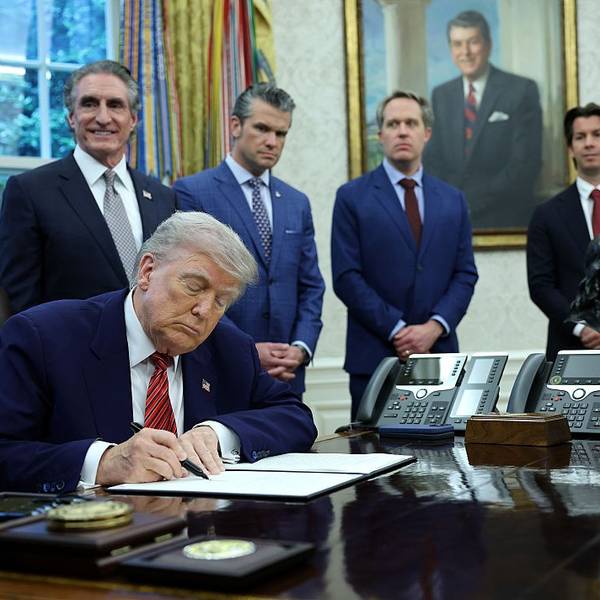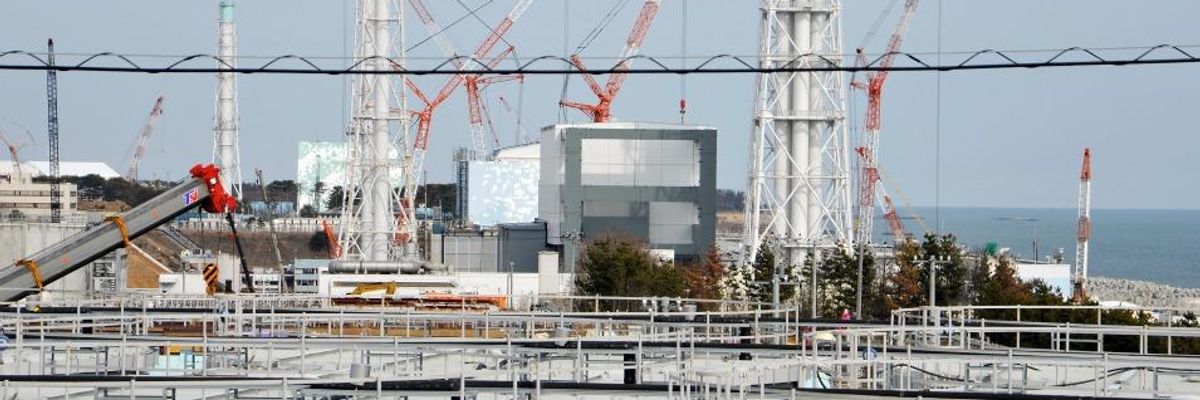The Japanese government said Friday it would delay for a fourth time the removal of spent fuel from two of the reactors at the Fukushima Daichii nuclear power plant, causing concern that the cleanup of one of the worst nuclear disasters in history is happening at a dangerously slow pace.
The removal of the spent fuel was planned to begin in 2023, but the process was bumped back to 2024 at the earliest for the plant's No. 1 reactor and 2027 or later for the No. 2 reactor.
According to the Japan Times, the government claims this aspect of the clean-up is being delayed due to safety concerns and that it plans to construct barriers around the reactors to prevent the spread of radioactive dust.
Reporting on the delay comes days after the Ministry of Economy, Trade, and Industry proposed releasing contaminated water from the plant into the ocean or allowing it to evaporate, and weeks after the ministry said the water contained higher levels of radioactive material than previously thought.
The most recent news about the cleanup process--which is under a 30-40 year plan following the 2011 earthquake and tsunami which forced more than 100,000 residents to evacuate the rural Fukushima region to avoid nuclear contamination from the plant--raised alarm among critics of nuclear power.
The Japanese public has reportedly grown increasingly anti-nuclear power since the Fukushima disaster, according to an Al Jazeera report earlier this month.
"Japanese people's sentiment changed after Fukushima Daiichi and it is continuing until now," Hajime Matsukubo, secretary-general of the Citizens' Nuclear Information Center, told Al Jazeera. "They say no."
In a 2015 poll by the Japan Atomic Energy Relations Organization, only 10 percent of Japanese respondents said the country should maintain its use of nuclear energy.




